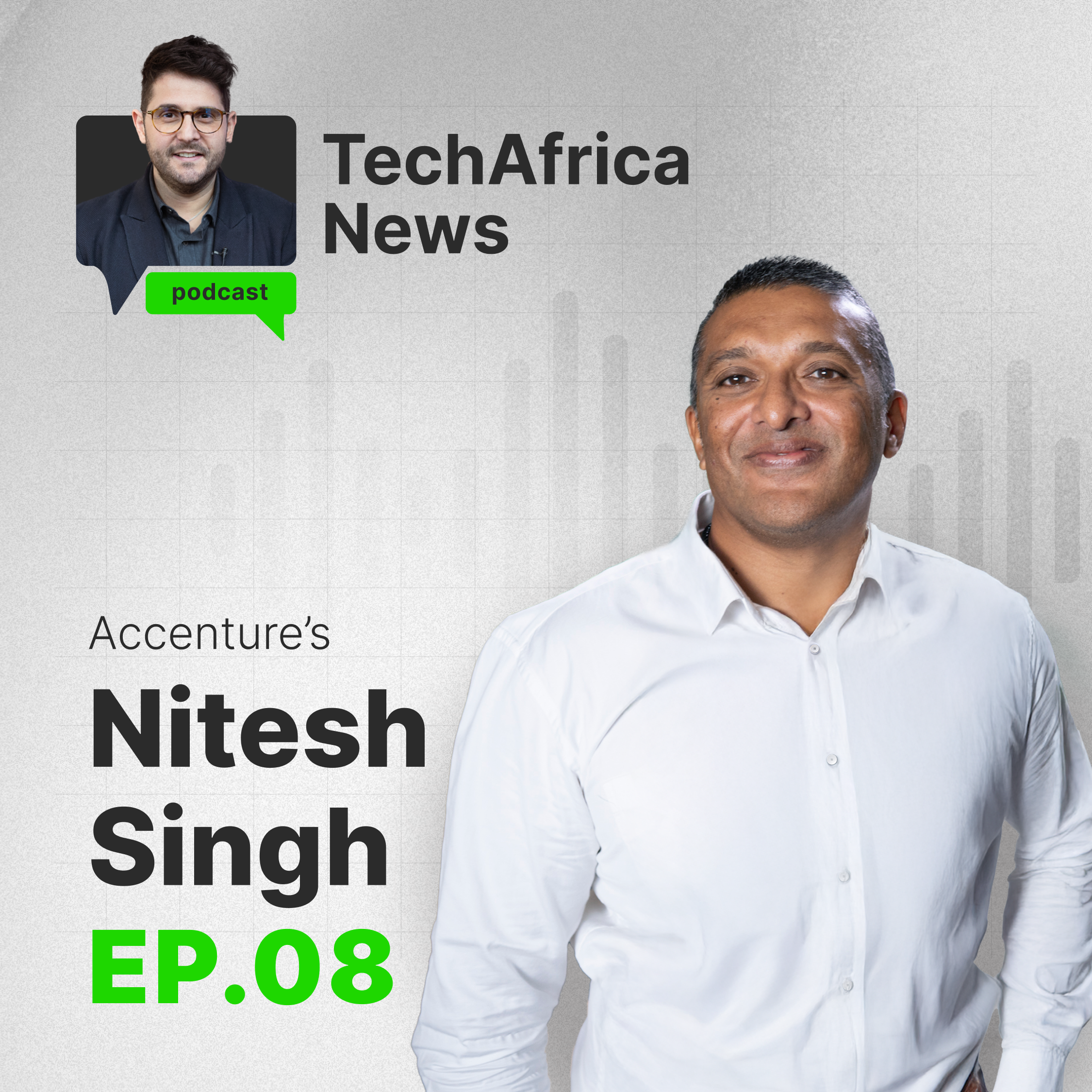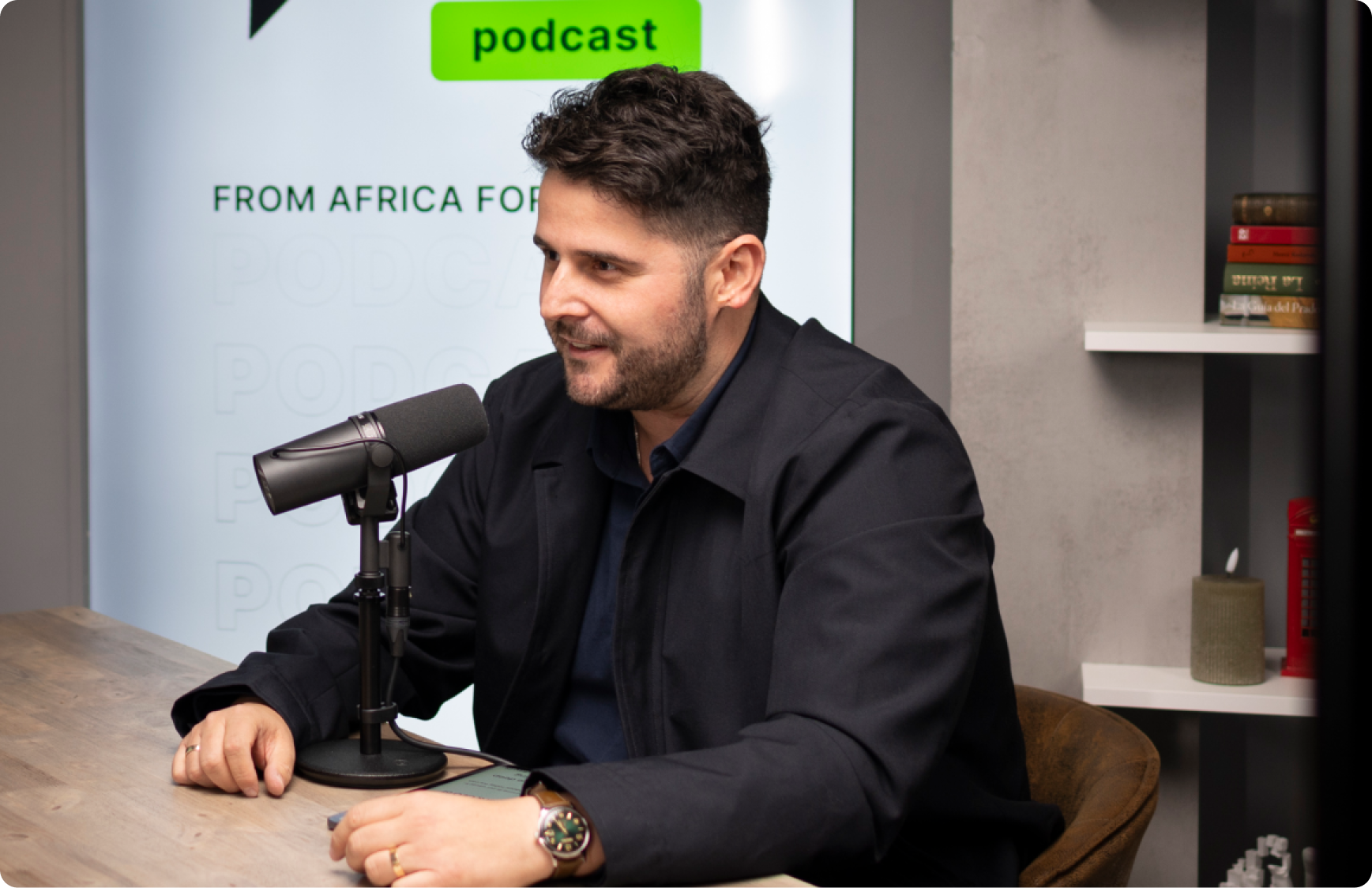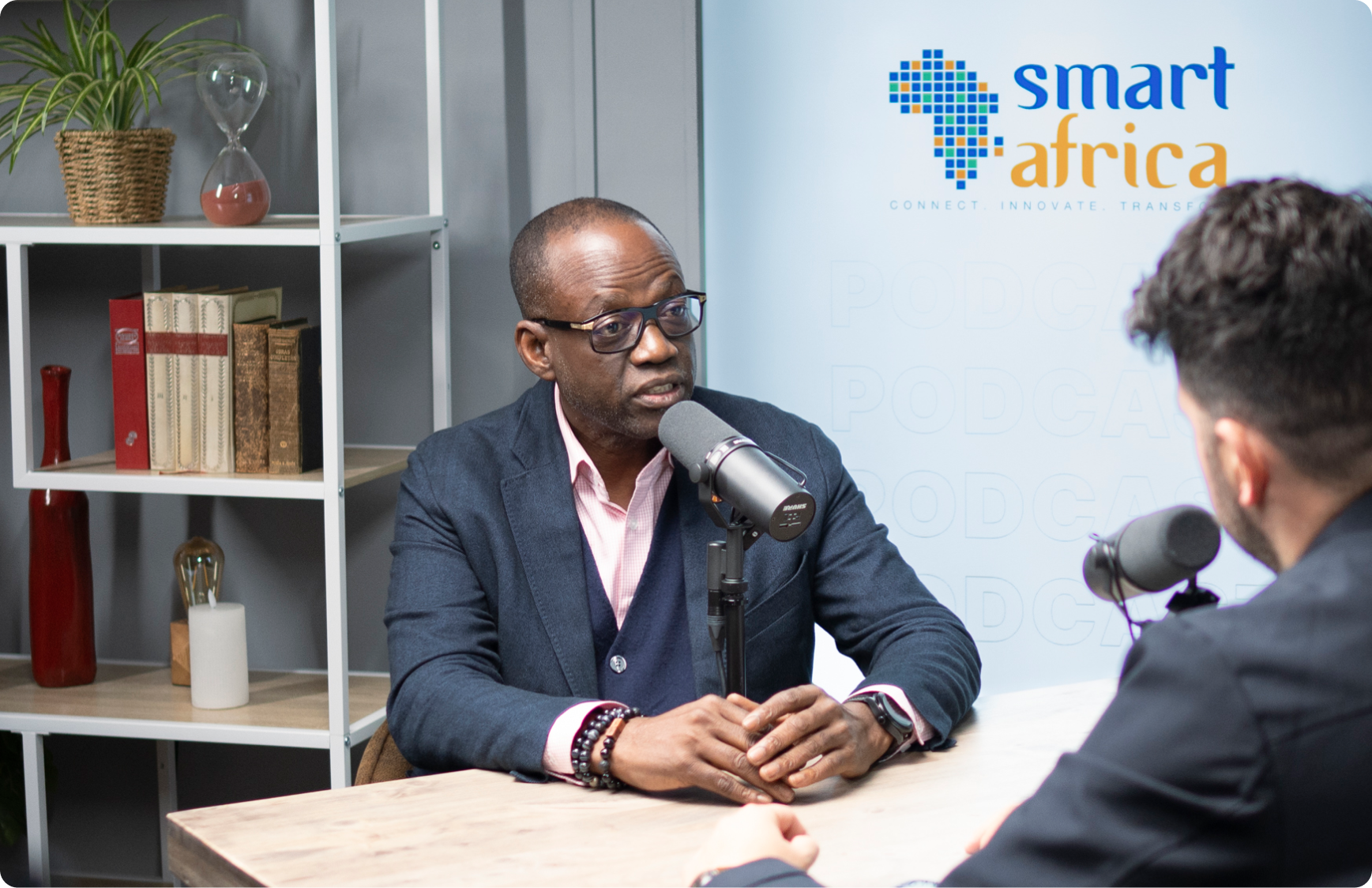EP. 08 | Reinventing Africa: Accenture on AI, Access, and the Urgency to Transform
In this episode of the TechAfrica News Podcast, Chief Editor and Founder, Akim Benamara, sits down with Nitesh Singh, Managing Director for Communications, Media, and Technology at Accenture, for a wide-ranging discussion on the future of digital transformation across the continent. With more than 20 years in the telecom and technology sectors, Singh brings sharp insights into the realities of AI adoption, data readiness, and enterprise reinvention in Africa.
- 01:10AI Hype vs. Real Understanding
- 06:31Data Structure and Skills Gap
- 13:41AI in Telco Network Optimization
- 18:11Digital Divide: Connectivity, Devices, and Local Manufacturing
- 27:46Policy and Regulatory Barriers to Growth
- 36:21Local Innovation and the Path Forward
From declining telco margins to the persistent device affordability gap, Singh unpacks the structural barriers that hold Africa back—and the levers that could push it forward. What will it take to close the connectivity divide? Can Africa shape a future where AI drives not just efficiency, but opportunity? And how do we build the skills, infrastructure, and policies to lead—not lag—in the global digital economy?
AI as a Strategic Tool, not a Trend
Singh outlines Accenture’s “total enterprise reinvention” model as a guide for digital transformation, built around a digital core of AI, cloud, and structured data. Early adopters, he says, will gain a decisive edge. Yet across Africa’s tech sector, clarity around AI remains limited. Many organizations pursue isolated use cases without a broader strategy or business case. “Without a clear value proposition,” Singh warns, “AI won’t deliver lasting impact.”
Data as the Bedrock of Progress
AI is only as valuable as the data it draws from, and Singh warns that many African enterprises are working with largely unstructured data. “Before anything else, the data must be cleaned, structured, and understood,” he says, adding that the lack of data engineering talent is part of the broader skills shortage holding back progress. Despite the costs often associated with AI, Singh clarifies that the larger investment is in understanding—not in capital expenditure.
Recasting the Telco Sector’s Role
Singh characterizes the telecoms industry in Africa as both essential and under strain. AI, he says, is already being used by telcos to improve network planning, base station performance, and signal reliability—particularly in South Africa. Yet, the sector is weighed down by excessive regulation and unsustainable taxation. “In Nigeria alone,” Singh recalls, “telcos face over thirty distinct taxes.”
He argues that policymakers need to revisit outdated regulatory frameworks and adopt a pro-growth mindset.
“The problem in Africa is regulation. The regulatory frameworks are not conducive to telcos. A sector that’s connecting population groups and leading to GDP is paying too much tax. Governments across Africa are seeing this the wrong way. Instead of levying more taxes, they should actually lower taxes, get them to connect their populations more, and there’ll be more growth rather than see it as a cash cow to extract out of the telco. So, the government regulatory framework is a problem.”
– Nitesh Singh, Managing Director for Communications, Media, and Technology, Accenture
The Device Divide and Local Manufacturing
One of the most pressing challenges Singh identifies is the cost barrier to access. Devices—smartphones, laptops, tablets—remain unaffordable to large swaths of the population due to Africa’s total reliance on imports. The absence of local manufacturing also has broader implications. Singh contends that bringing production to Africa—whether of chipsets or smartphones—would create jobs, reduce costs, and catalyse adjacent sectors such as agriculture and financial services. However, investor confidence is undermined by political volatility and weak infrastructure.
On Education, Learning, and the Next Generation
Turning to the role of youth and education, Singh reflects on how learning itself must adapt to the tools of today. He supports the integration of AI into education, but with the caveat that students must be taught to use these tools responsibly. “It’s not about outsourcing thought,” he explains. “It’s about enhancing capacity to think and to learn better.”
Governance, Policy, and the Need for Continental Alignment
Singh closes with a frank assessment of policy failures, pointing to stalled regional integration, persistent visa barriers, and regulatory overreach as obstacles to progress. He calls for accountability through clear national KPIs on connectivity, insisting, “There must be consequences for failure.”
Yet his outlook remains optimistic. Africa’s telcos outperform many global peers, and innovations like mobile finance have grown from real needs. “Africa is solving problems for the world,” he says—it’s time to scale and export those solutions. But success will depend on coordinated action across government, business, and society.

Nitesh Marcel Singh is Managing Director for Communications, Media, and Technology at Accenture Africa. With over 20 years in the telecom sector, he has led major digital transformation efforts across the continent. A trained software developer, he champions AI, cloud, and data as core pillars for Africa’s growth and is committed to advancing digital skills through education and policy reform.




